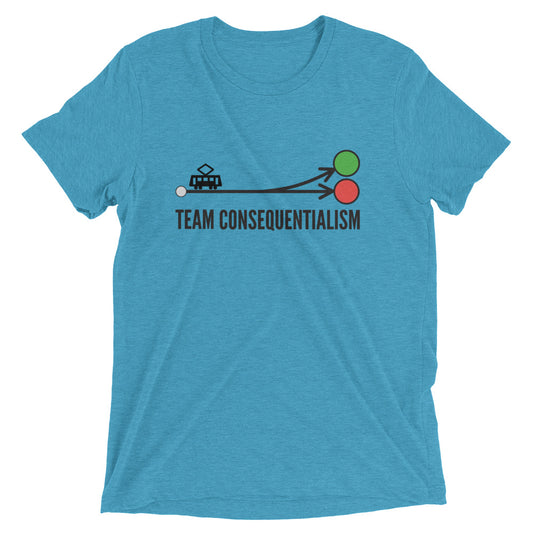Collection: Philosophy Teams
Have you committed yourself to a philosophical position? Are you Team Early or Late Wittgenstein? Are you Team Utility, Team Deontology or Team Virtue? Show off your views with pride!
-
Team Late Wittgenstein: Premium Philosophy T-shirt
Regular price $31.50 USDRegular priceUnit price / per -
Team Early Wittgenstein: Premium Philosophy T-shirt
Regular price $31.50 USDRegular priceUnit price / per -
Team Early Wittgenstein: Philosophy Mug
Regular price From $13.45 USDRegular priceUnit price / per -
Team Late Wittgenstein: Philosophy Mug
Regular price From $13.45 USDRegular priceUnit price / per -
Team Virtue Ethics: Premium Moral Philosophy T-shirt
Regular price $31.50 USDRegular priceUnit price / per -
Team Consequentialism: Premium Moral Philosophy T-shirt
Regular price $31.50 USDRegular priceUnit price / per -
Team Deontology: Premium Moral Philosophy T-shirt
Regular price $31.50 USDRegular priceUnit price / per







